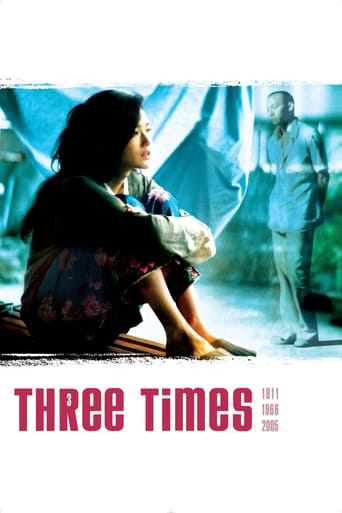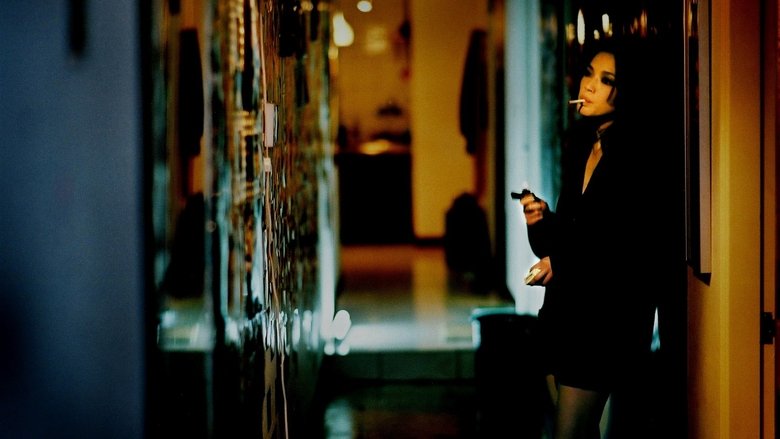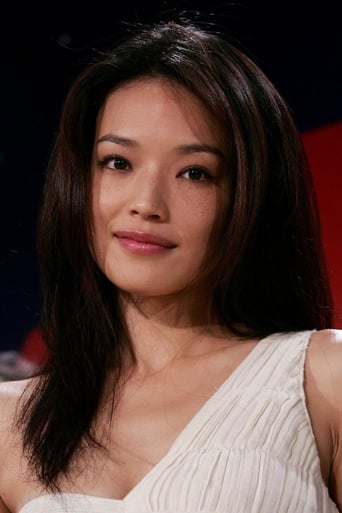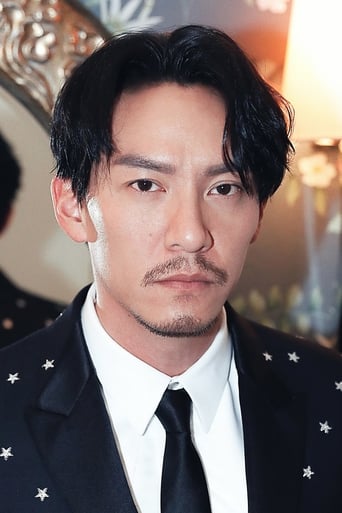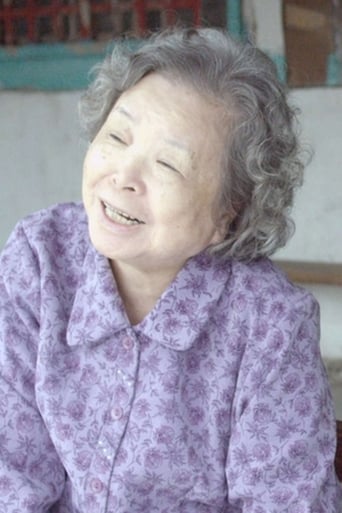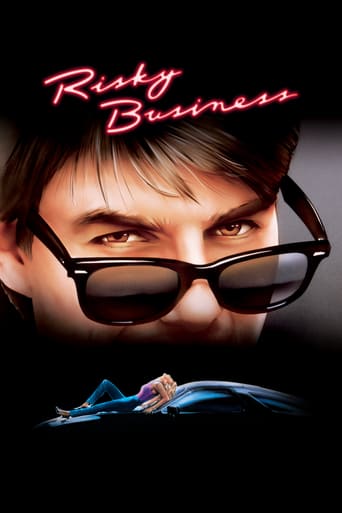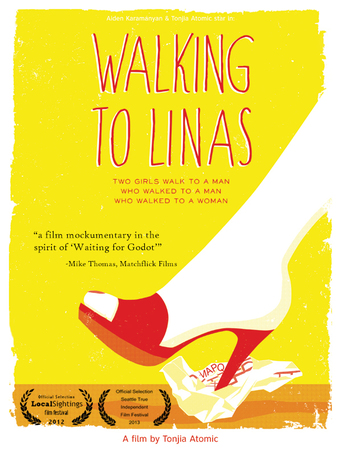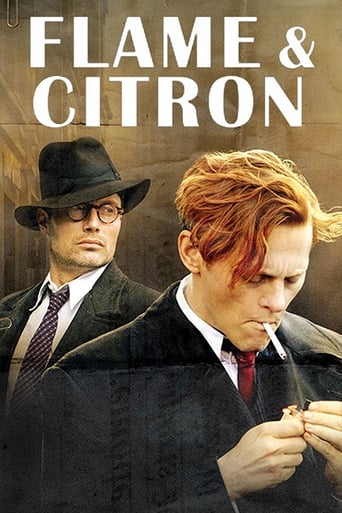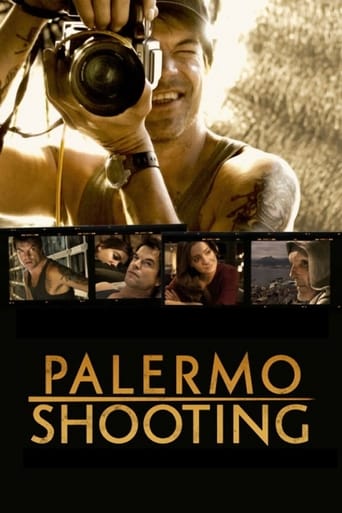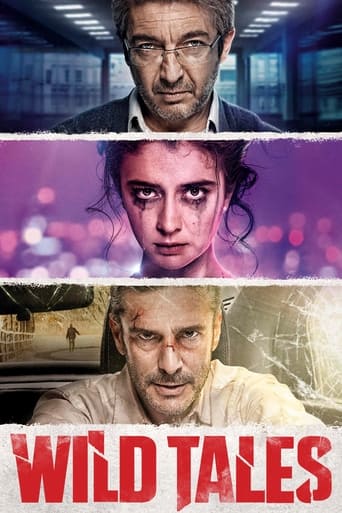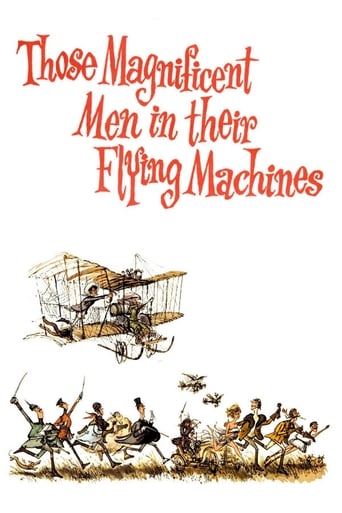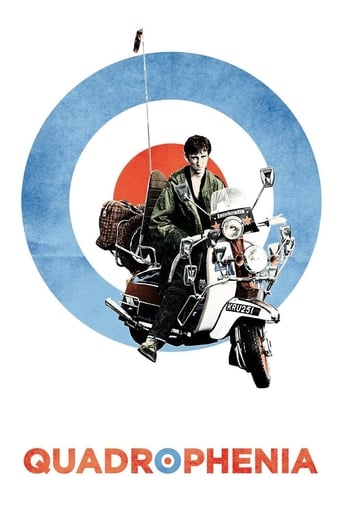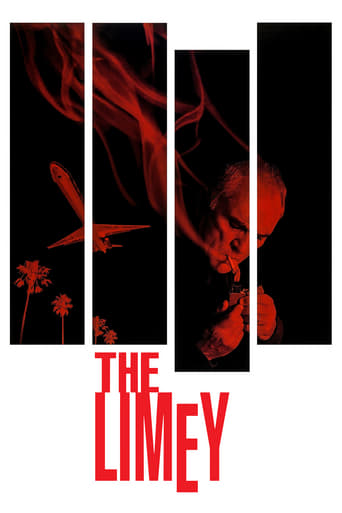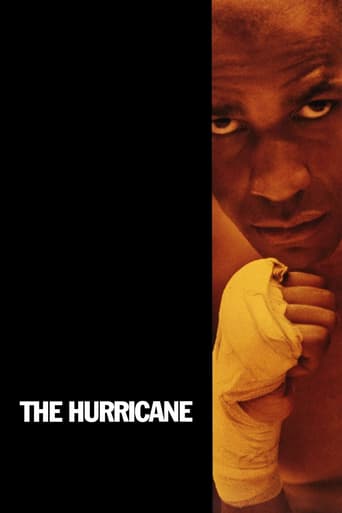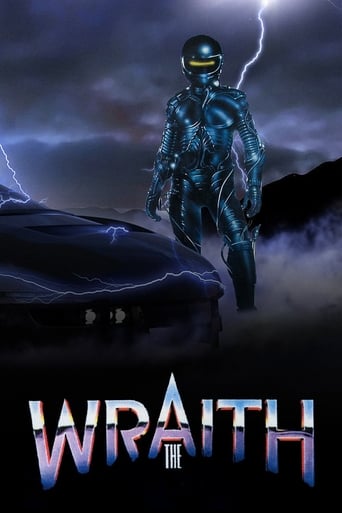Three Times (2005)
In three separate segments, set respectively in 1966, 1911, and 2005, three love stories unfold between three sets of characters, under three different periods of Taiwanese history and governance.
Watch Trailer
Free Trial Channels
Cast


Similar titles
Reviews
Strictly average movie
A movie that not only functions as a solid scarefest but a razor-sharp satire.
Very good movie overall, highly recommended. Most of the negative reviews don't have any merit and are all pollitically based. Give this movie a chance at least, and it might give you a different perspective.
Easily the biggest piece of Right wing non sense propaganda I ever saw.
The Taiwanese movie Zui hao de shi guang was shown in the United States with the title Three Times (2005). The film was co-written and directed by Hsiao-Hsien Hou.A more accurate title for this movie would be "Three Episodes." The movie is really three separate 40-minute films, linked only by the fact that the same actors play the leads in all three episodes. Both actors are famous in Taiwan--Qi Shu is a major female lead actor, and Chen Chang is equally well known. (Both have starred in dozens of films.)The first story is charming in a quiet way. It's set in 1966. Qi Shu plays a hostess at a pool hall. From the context of the film, these young women were there in a more or less decorative way. They weren't prostitutes. A young man is about to be drafted into the army, and he clearly is in love with the hostess. When he returns on leave, she's gone, and he searches for her from small town pool hall to small town pool hall, always one step behind.The second film basically follows in the steps of Flowers of Shanghai (1998), another film by Hsiao-Hsien Hou, which I've seen and reviewed. Both movies are set in very elegant houses of prostitution. Although this episode is set in the 20th Century, about 30 years after Flowers of Shanghai, apparently very little had changed. The girls were sold by their parents into virtual slavery, and were trained as courtesans from an early age. They could buy their way out of the houses, but it was expensive. In fact, the hero is considered extremely generous because he pays part of the fee that enables one of the prostitutes to leave the brothel and become a concubine to a wealthy man. Both Flowers of Shanghai and this episode were filmed entirely indoors. The house is its own universe, with its own rules. Everyone plays by those rules, and it's never clear who will win or lose.The third story is contemporary--set in modern Taipai. Qui Shu is a performer--never quite clear to me what she does--who is in a committed lesbian relationship. However, she begins an affair with a photographer. The movie is loud and depressing. I couldn't find any reason to care about any of the characters. It was hard to decide which was worse--the motorcycle rides through Taipai (portrayed as the ugliest city in the world) or the incredibly loud rock music at the clubs.The first episode is worth seeing, the second is fascinating, and the third is worth avoiding. My advice is that if you see the film in a theater, leave after the second episode. If you watch it on DVD stop after the second episode. Or, at least, watch the last episode first, so that's not the one you'll remember when the movie is over.We saw the film at the Dryden Theatre at Eastman House in Rochester, NY. Bravo to the Dryden for showing a Hsiao-Hsien Hou retrospective. It was wonderful to see the film at the Dryden, but it will work well on DVD.
Nominated for Palme d'Or at Cannes Film Festival in 2005, Hsiao-hsien Hou's Three Times is a moody exploration of love, freedom and youth. The movie unfolds in three separate stories which take place in three different time zones over a century in Taiwan, with the main roles in each story played by same two actors – Qi Shu and Chen Chang.In the first story – A Time for Love – set in 1966, Chen meets May in a bar while playing pool. They stay in touch when he joins the army, but when he comes back May doesn't work in the same bar anymore. So he seeks her to different places. In the second – A Time for Freedom – set in 1911, Mr. Chang is frequent visitor to a brothel where he keeps interacting with a singer. When he frees one of the other girls by providing financial help, the singer asks if he would help her too. The last story – A Time for Youth – set in 2005, shows a relationship of girl with a photographer and a bisexual singer.This is one movie where actually "nothing happens". There are long shots without any dialogue at all, camera just pondering on characters when they do trite stuff, where everything depends on whether you will get sucked into the day to day lives of these people. But even then when you find yourself hooked to the screen, and admire each shot for its perfection and at the same time you connect with the characters all of them being from radically different eras.The music plays a huge part in the movie and sets the gloomy mood of the movie throughout – especially in the second and third stories. In fact, in the second story, there is no spoken dialogue at all. Though you can see people speaking, all you hear is a long musical piece in the background, and you get to see what is spoken written on the screen like in a silent movie. The first story is played on the background of two soulful songs – Smoke Gets in Your Eyes by The Platters and Rain and Tears by Aphrodite's Child. I became an instant fan of these two songs. I would love to go back to watch this movie again just to listen to these songs with great visuals and atmosphere of love and longing.Qi Shu gives electrifying performances as May in the first story, the singer in the second, and as the girl torn between the loves of his boyfriend and a girl. Chen Chang is also brilliant – particularly in the first and last story. The best part of the movie is the direction, where Hou keeps you riveted for nearly two hours without much of any story. Overall, this is one of the best movies I have seen in recent which I would love to watch again and again.http://vishwas8317.blogspot.in/2012/12/threetimes.html
The first part is very nice - the more I think about it, the more I like it. The eye contacts and body language of Shu Qi and Zhang Zhen (esp. Shu Qi's eagerness, her excitement, curiosity,etc.), their silliness, not knowing what to do/say - all impress me. Not quite because of the acting, but the description of the innocence per se. It is a very genuine description of something that I am not sure if it still exists anymore nowadays. It is also delightful to hear the song Rain And Tears in the movie(The song mentioned in Zhang Zhen's letter to Shu Qi). Part Two would be good if it was not a silent movie. I don't see any GOOD reason for that. Part Three - the only reason I can think of for adding this part in the movie is to suggest that all the good can only be found in the past. Otherwise, not only does the third part do no good to the film, it tremendously ruins it.
This film is a darling of the critics. Roger Ebert gave it four stars; A. O. Scott of the NY Times describes it, on the DVD's box, as "a masterpiece," adding, "this is why cinema exists." That being the case, if you are, or aspire to be, a devotee of cinema, then this film may be required viewing. But if your sensibilities run toward (mere) movies, beware.The film, set in Taiwan and China, depicts three love stories -- set in three historical periods: 1911, 1966, and 2005 -- using the same actor and actress. The problem, simply put, is that "Three Times" moves at a glacial pace and little happens. As one of the few critics not to wax euphoric put it, "if this movie moved any slower it could qualify as a photograph." When each segment ended, and when the final credits rolled, the question plaintively asked by Peggy Lee came to mind: Is that all there is?

